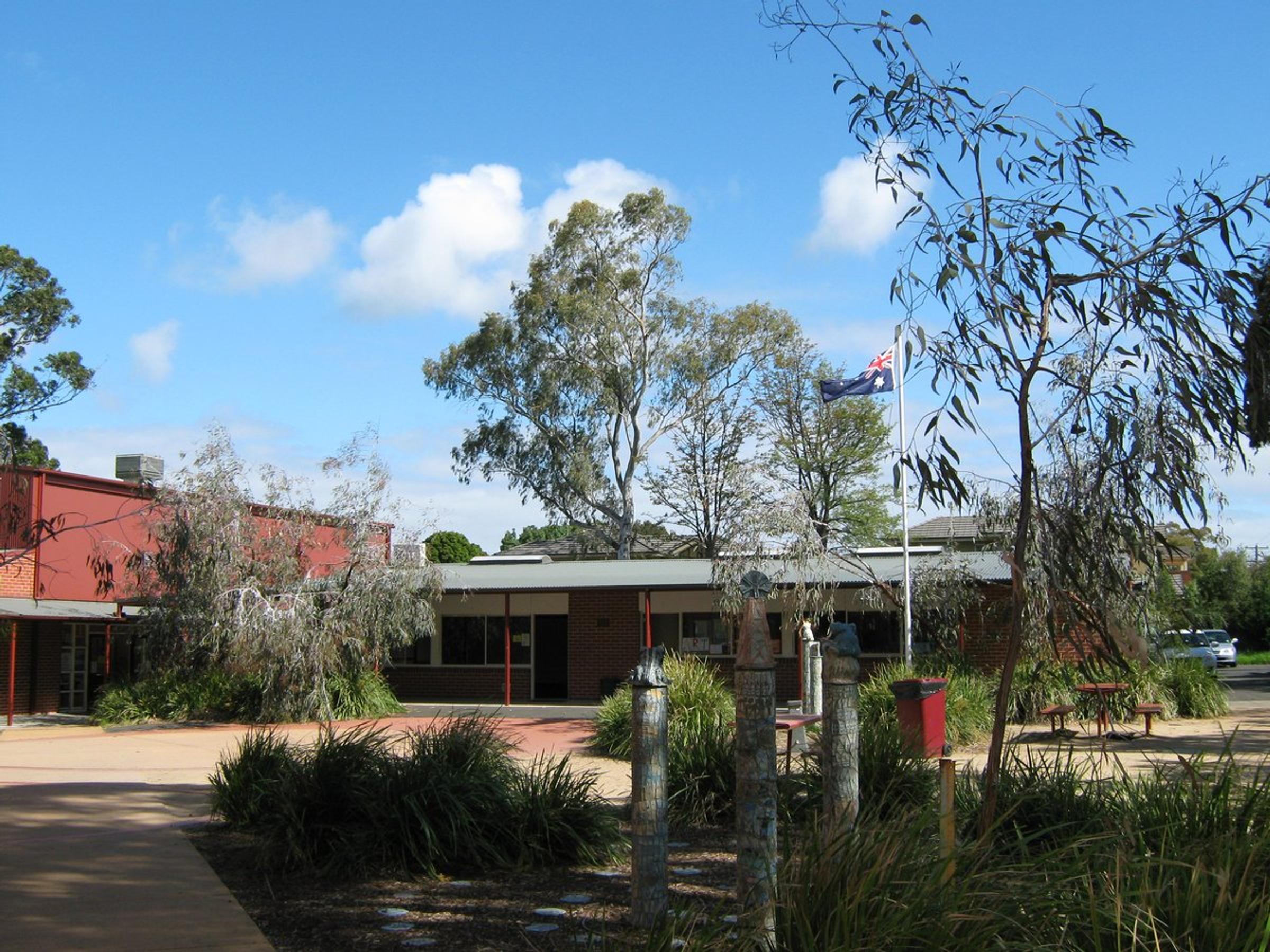School Council

SCHOOL COUNCIL ELECTIONS- Information for Parents
WHAT IS A SCHOOL COUNCIL AND WHAT DOES IT DO?
All government schools in Victoria have a school council. They are legally constituted bodies that are given powers to set the key directions of a school within statewide guidelines. In doing this, a school council is able to directly influence the quality of education that the school provides for its students.
WHO IS ON THE SCHOOL COUNCIL?
For most school councils, there are three possible categories of membership:
- A mandated elected Parent category – more than one-third of the total members must be from this category. Department of Education and Training (DET) employees can be Parent members at their child's school as long as they are not engaged in work at the school.
- A mandated elected DET employee category – members of this category may make up no more than one-third of the total membership of school council. The principal of the school is automatically one of these members.
- An optional Community member category – members are coopted by a decision of the council because of their special skills, interests or experiences. Department employees are not eligible to be Community members.
Generally, the term of office for all members is two years. The term of office of half the members expires each year, creating vacancies for the annual school council elections.
WHY IS PARENT MEMBERSHIP SO IMPORTANT?
Parents on school councils provide important viewpoints and have valuable skills that can help shape the direction of the school.
Those parents who become active on a school council find their involvement satisfying and may also find that their children feel a greater sense of belonging.
DO I NEED SPECIAL EXPERIENCE TO BE ON SCHOOL COUNCIL?
Each member brings their own valuable life skills and knowledge to the role. Councilors may need to develop skills and acquire knowledge in areas that are unfamiliar to them. What you do need is an interest in your child's school and the desire to work in partnership with others to help shape the school's future.
HOW CAN YOU BECOME INVOLVED?
The most obvious way is to vote in the elections, which are held in Term one each year. However, ballots are only held if more people nominate as candidates than there are positions vacant.
In view of this, you might consider
- standing for election as a member of the school council
- encouraging another person to stand for election.
WHAT DO YOU NEED TO DO TO STAND FOR ELECTION?
A Notice of Election and Call for Nominations has been included with this week’s newsletter. All school council elections must be completed by the end of March unless the usual time line has been varied by the Minister.
If you decide to stand for election, you can arrange for someone to nominate you as a candidate or you can nominate yourself in the Parent category.
Department employees whose child is enrolled in a school in which they are not engaged in work are eligible to nominate for parent membership of the school council at that school.
Once the nomination form is completed, return it to the office within the time stated on the Notice of Election. You will receive a Nomination Form Receipt following the receipt of your completed nomination.
Generally, if there are more nominations received than there are vacancies on council, a ballot will be conducted during the two weeks after the call for nominations has closed.
REMEMBER
- Ask at the school for help if you would like to stand for election and are not sure what to do
- Consider standing for election to council this year
- Be sure to vote in the elections.
This year, there are 4 parent vacancies and 2 DET (Staff) vacancies.
The term of office for the following school council members expires:
Parent Category:
Sarah Holcombe
Sean Tame
Tamara Benjamin
Steve Knowles
DET Category
Chellee Plumb
Jeanette Baker
Community Vacancy
Liz Rowell
(School Councillors whose term of office expires are eligible to be re-elected.)
School councillors whose term continues until 2019 are:
Parent Category:
Phil Gardiner, Nicole Irwin, Amanda Sinclair, and Clare Meeker.
Community Member:
Angela Catanzariti
A DET Casual Vacancy has occurred as Nerida Burns has moved schools.
FUNCTIONS OF A SCHOOL COUNCIL
The functions of a school council are specified in the Education and Training Reform Act 2006 and include:
- establishing the broad direction and vision of the school within the school's community
- participating in the development and monitoring of the school strategic plan
- approving the annual budget and monitoring expenditure
- developing, reviewing and updating school policies
- raising funds for school-related purposes
- maintaining the school’s grounds and buildings
- entering into contracts (such as for cleaning or construction work)
- reporting annually to the school community and to the Department
- creating interest in the school in the wider community
- informing itself of and taking into account the views of the community
- regulating and facilitating the after hours use of school premises and grounds
- making provision for a preschool program at the school or other premises controlled by the Minister.
What school council is not authorised to do
A school council is not authorised to:
- purchase or acquire for consideration any land or building
- employ teachers with no fixed date for the termination of that employment.
Unless authorised by or under the Act, regulations or a Ministerial Order, a school council is not able to:
- license or grant any interest in land including school lands or buildings
- purchase a motor vehicle, boat or plane
- enter into hire purchase agreements
- obtain credit facilities or loans
- form or become a member of a corporation; or provide for any matter or thing outside of Victoria unless it is related to an excursion by school students or the professional development of school staff.
The council does not manage the day to day operations of the school. For example, it does not employ teaching staff, decide on class sizes or allocation of grades. Nor does it sort out individual issues relating to teachers, students or parents. Parent members bring their experience as parents at the school and the views of the wider school community.
DET employees bring their educational experience to meetings and community members may offer particular skills, eg accounting, building or some other area of expertise that the school is looking for.
Contact Lynne Foster for further information. 95681300 or email, foster.lynne.m@edumail.vic.gov.au

